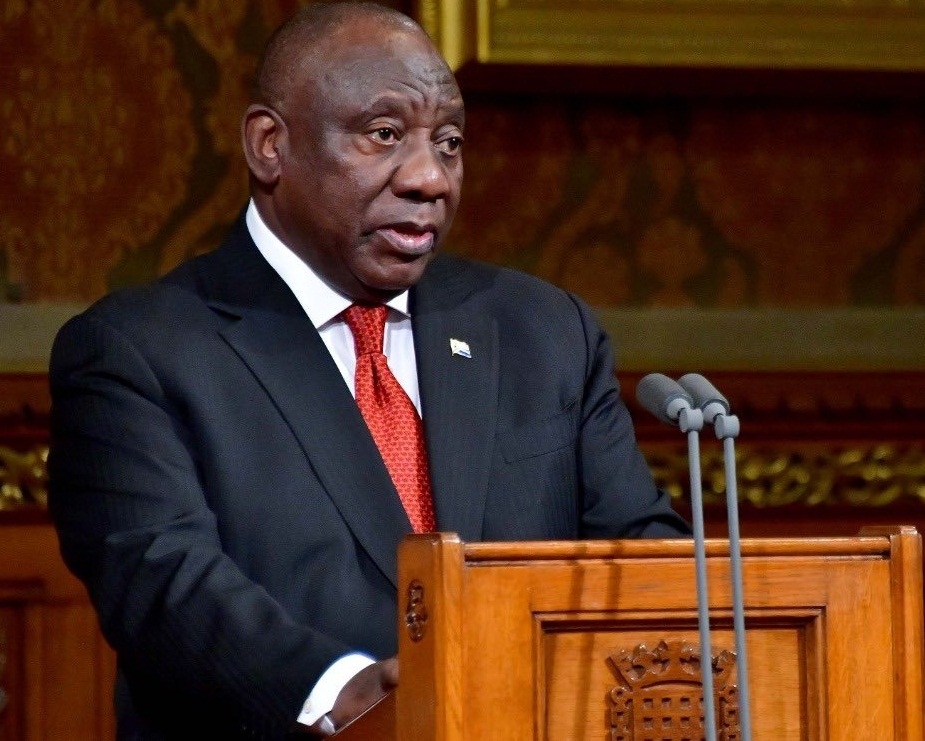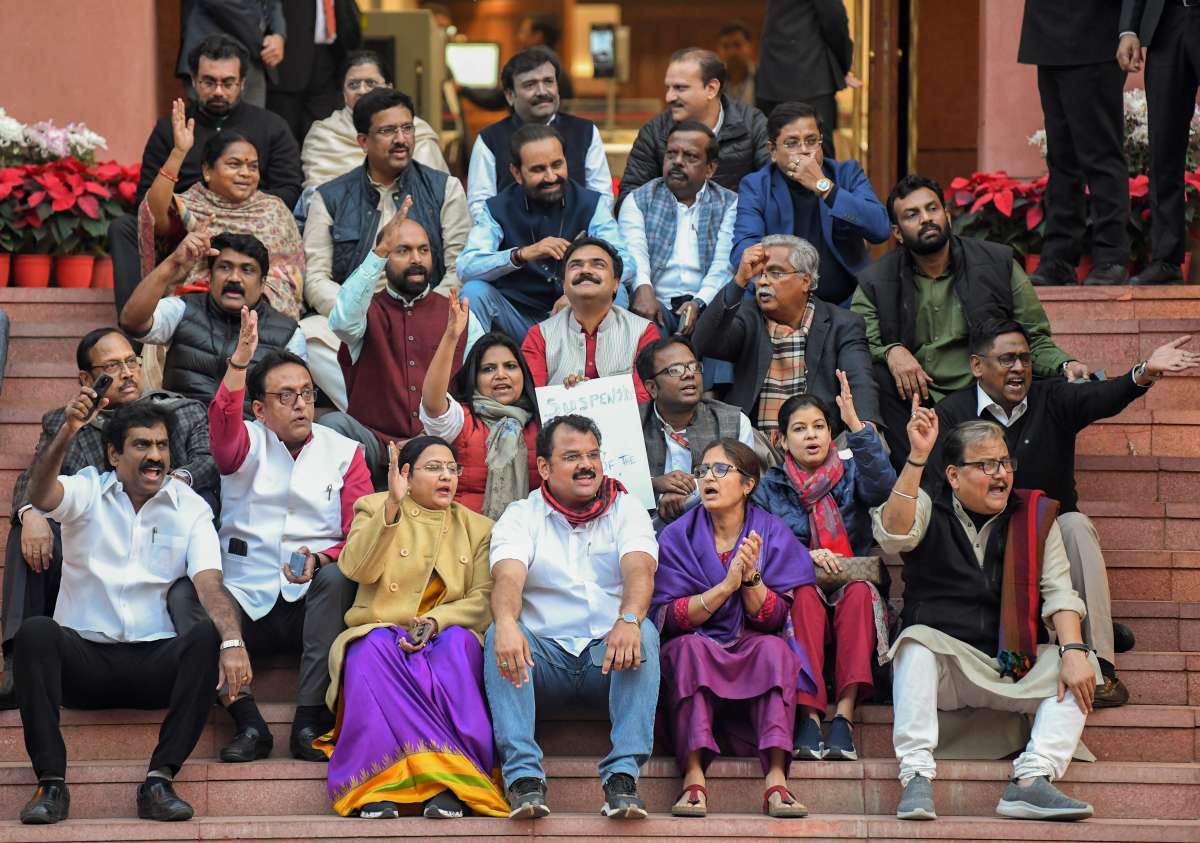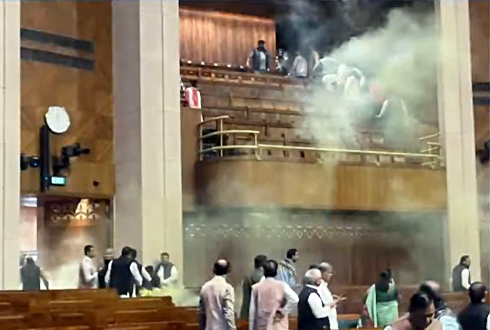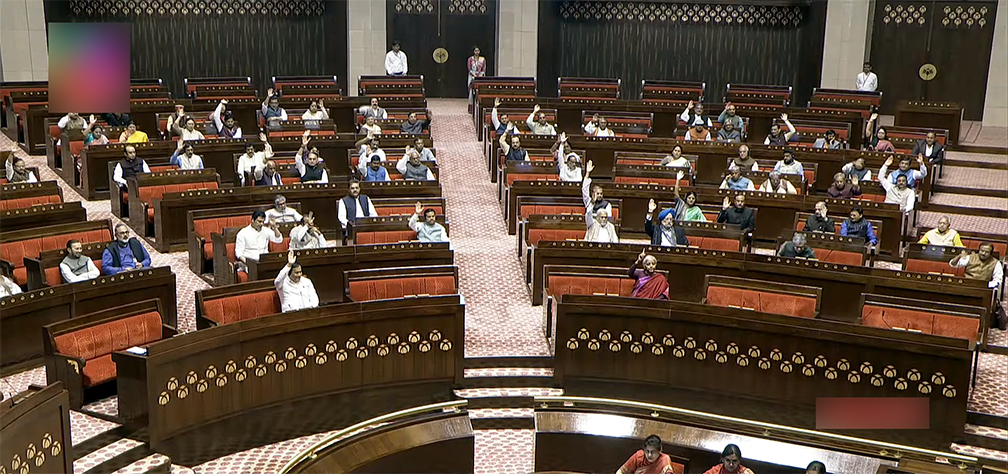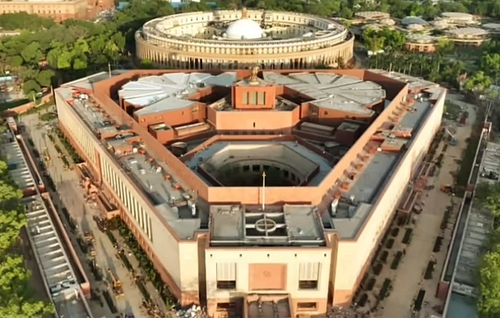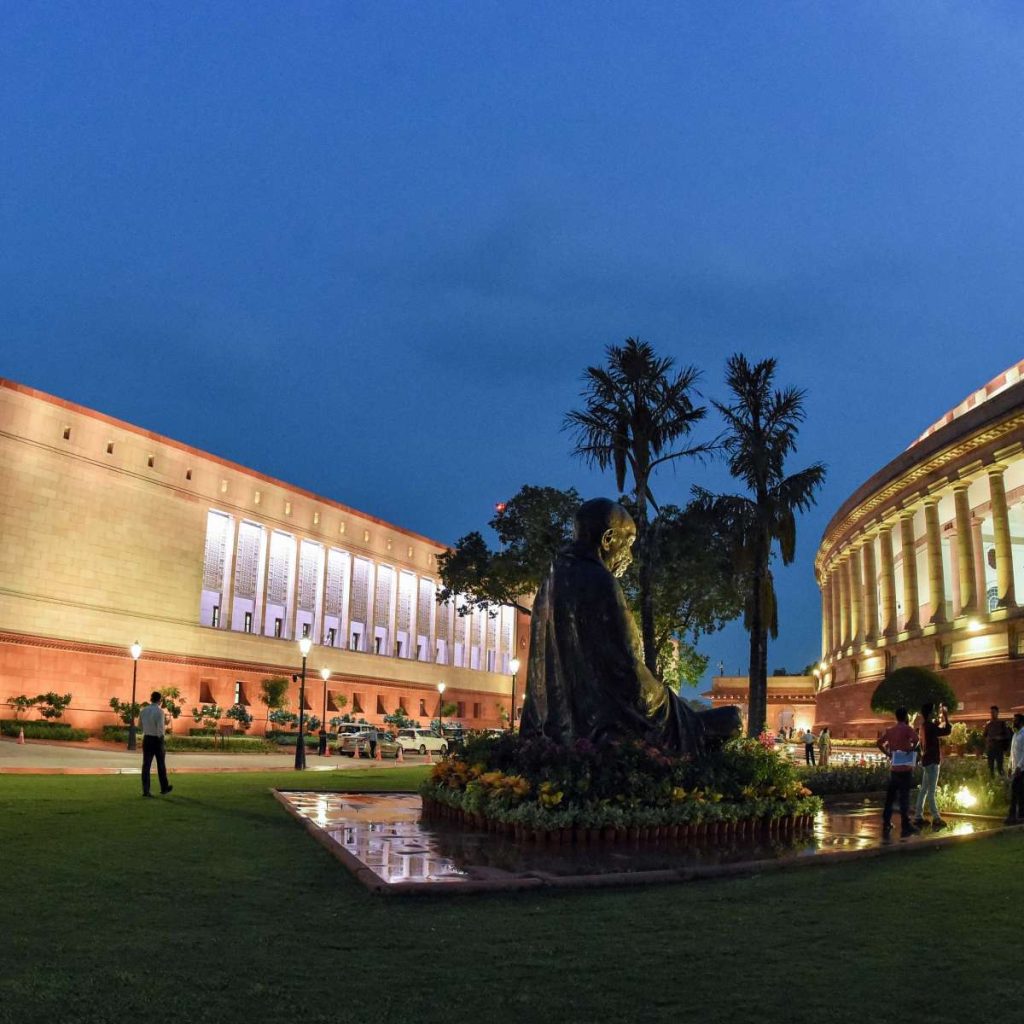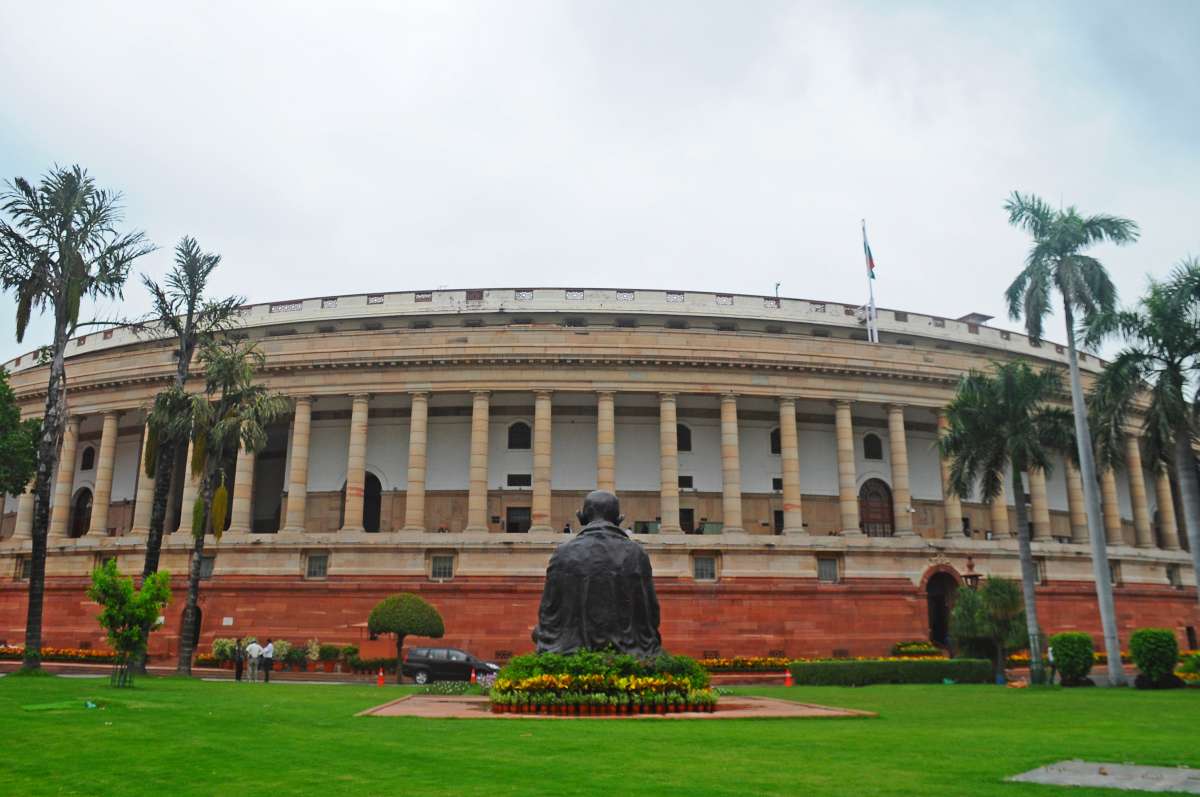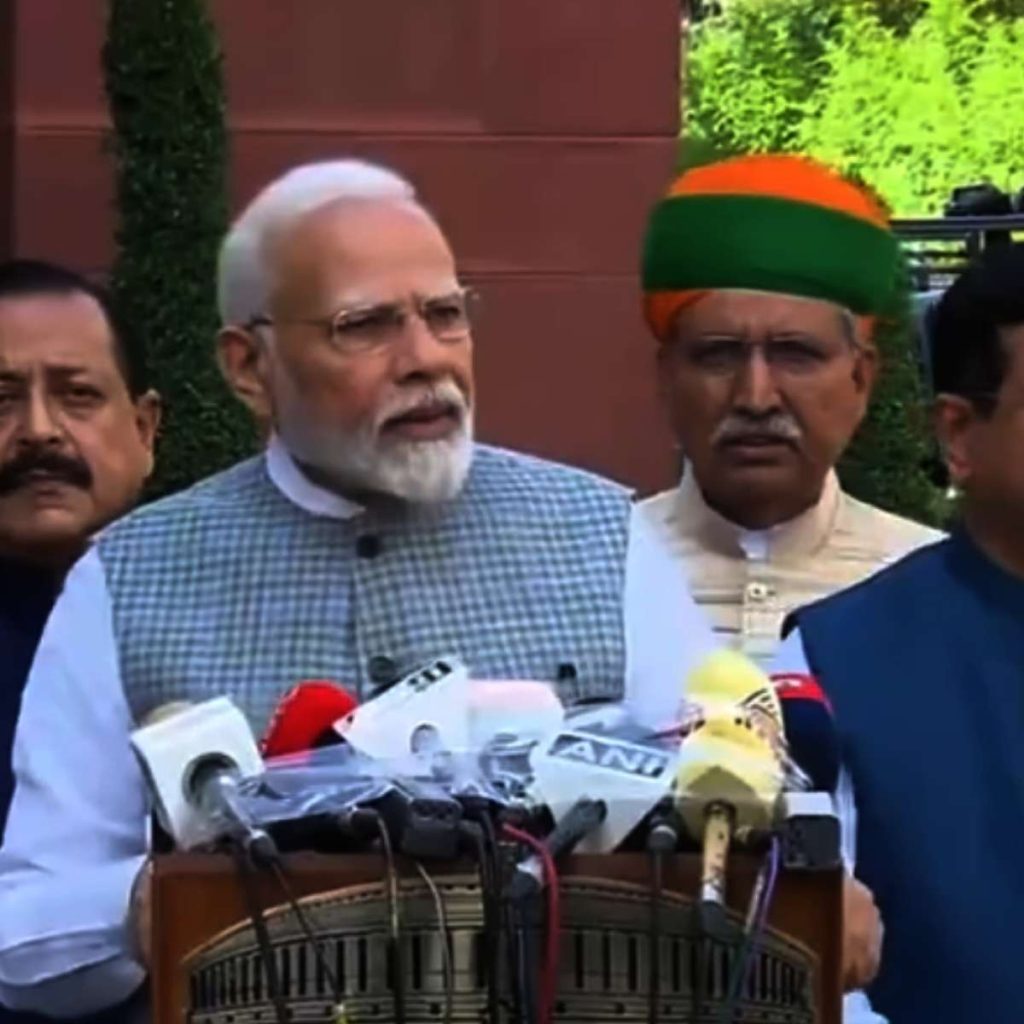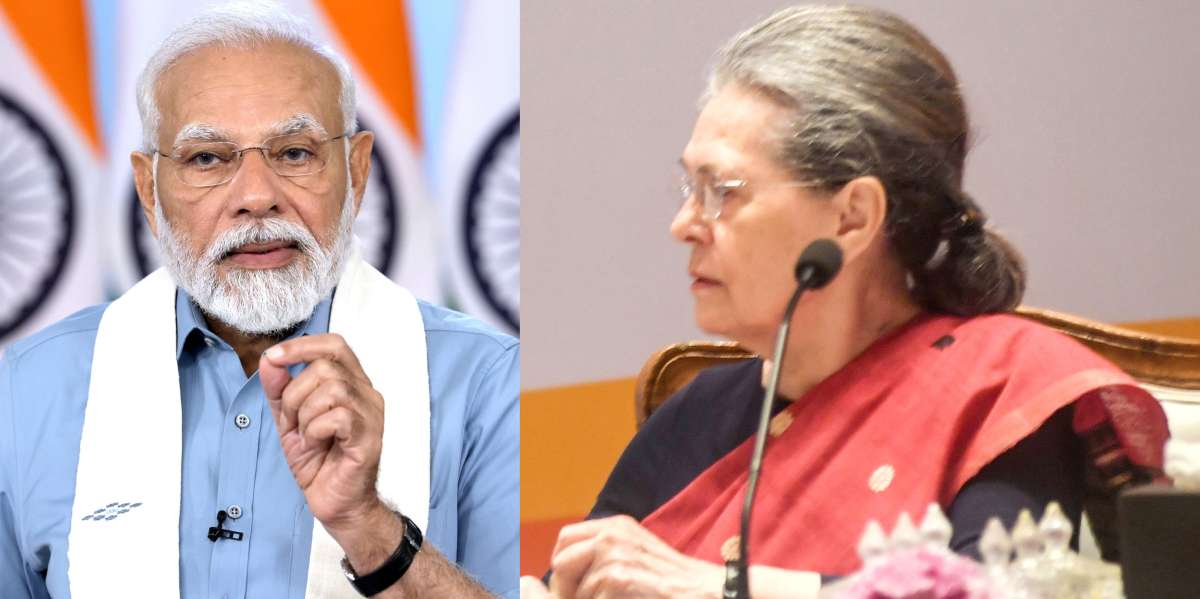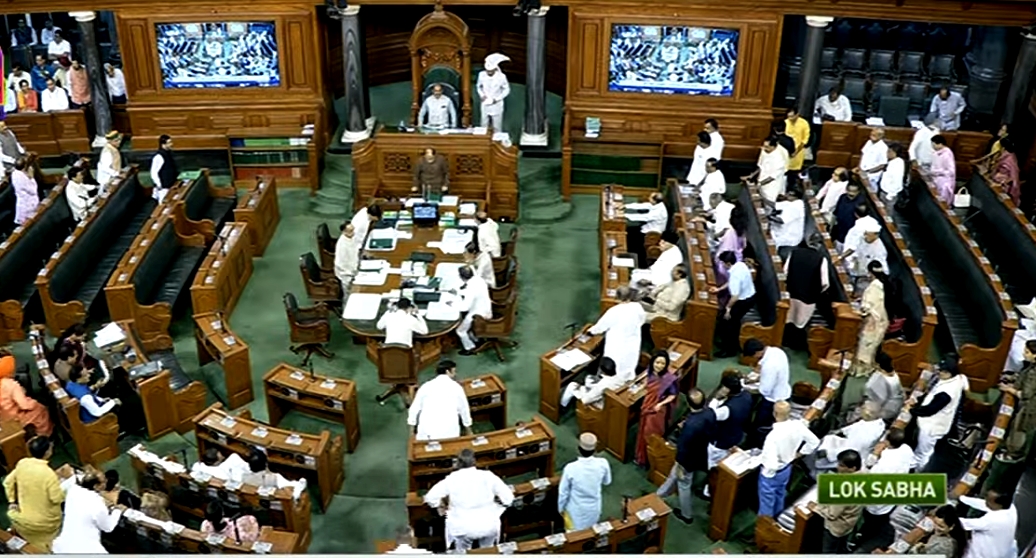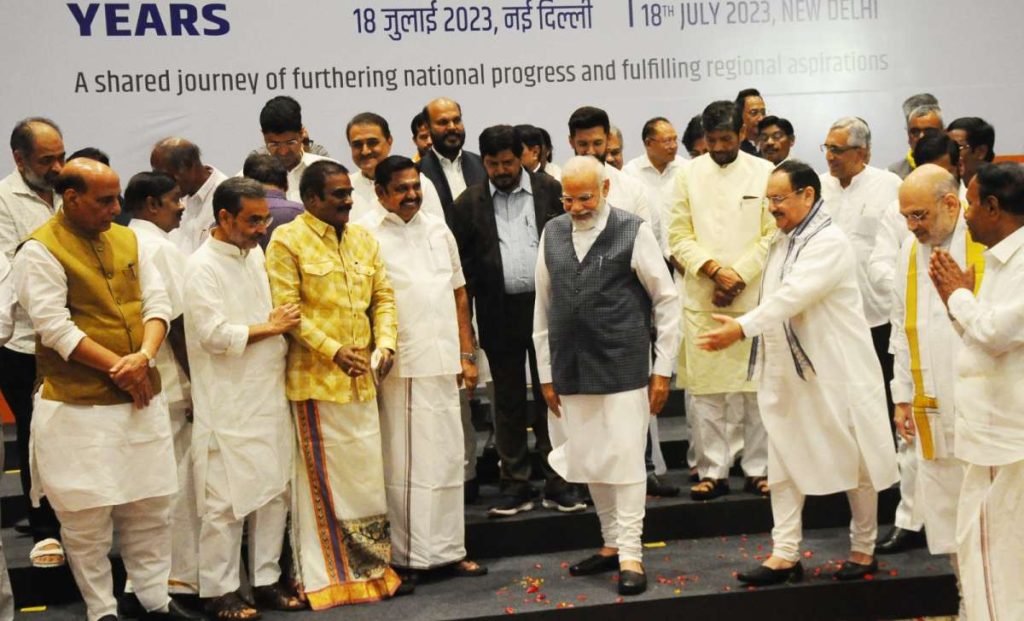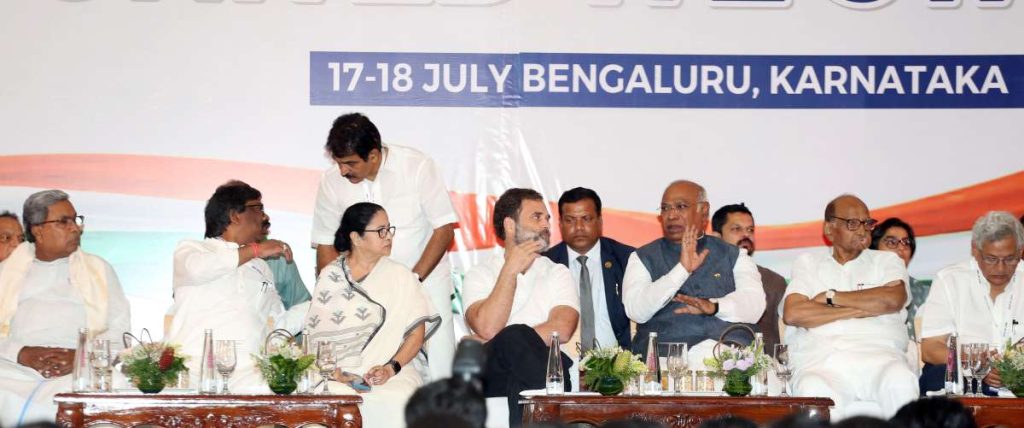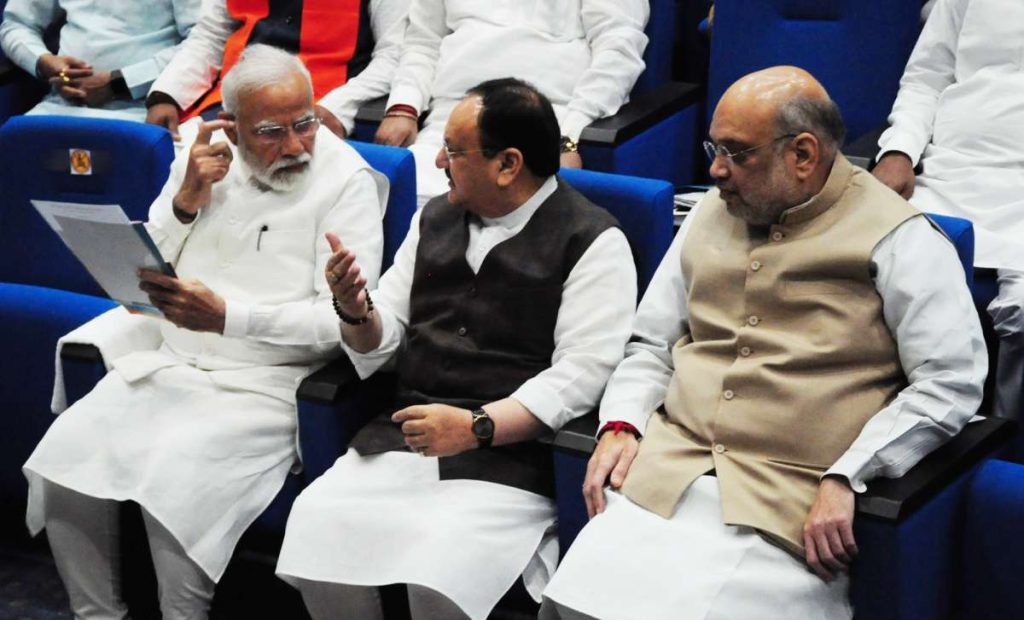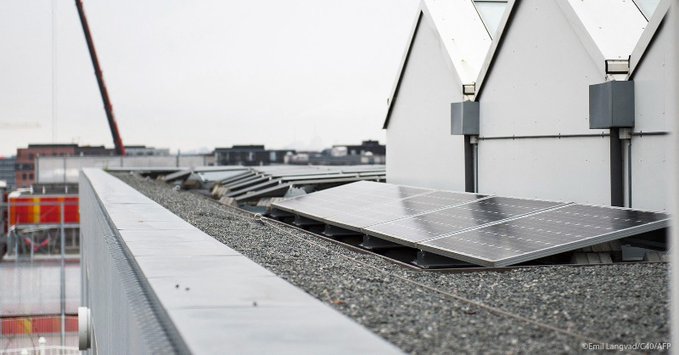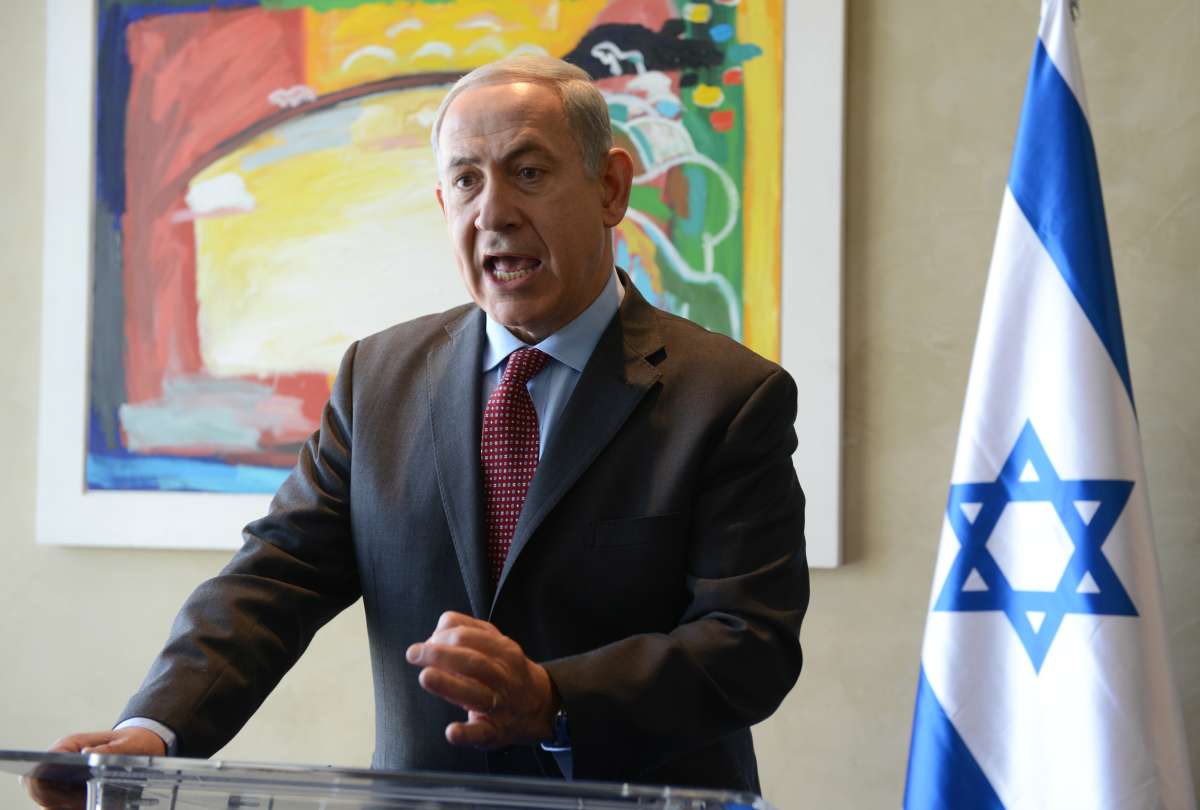Calling the ICJ verdict “a significant human rights victory,” the parliament said “the ruling vindicates South Africa’s position on an immediate ceasefire and cessation of hostilities in Gaza”…reports Asian Lite News
The South African parliament welcomed the “landmark ruling” of the International Court of Justice (ICJ) on the country’s genocide case against Israel, calling on the international community to apply pressure on Israel to comply with the order. According to a statement issued by the parliament on Friday evening, the ICJ has determined that Israel’s actions in Gaza are “plausibly genocidal” and has indicated provisional measures on that basis. Calling it “a significant human rights victory,” the parliament said “the ruling vindicates South Africa’s position on an immediate ceasefire and cessation of hostilities in Gaza.”
In the statement, the South African parliament called on Israel to respect the binding measures and to cease all plausibly genocidal acts in Gaza and against the Palestinian people. “There is now no credible basis for Israel and its supporters’ indiscriminate military actions in the name of self-defense. The ruling is a clear demonstration of Israel’s non-compliance with international law, including the Genocide Convention,” said the parliament. Therefore, it noted, the ruling compels Israel to stop immediately all hostilities in Gaza and allow more UN humanitarian aid. “Considering the measures ordered by the court, we call on governments, parliaments, and the international community to respond by applying pressure on Israel to comply with the order,” it added. The parliament also called on the United Nations Security Council, upon formal notification of the ICJ’s order and pursuant to its statute, to ensure swift action as “no government or state is above the law.” On Dec. 29, 2023, South Africa filed an application to the ICJ for proceedings against Israel, concerning alleged violations by Israel of its obligations under the UN Convention on the Prevention and Punishment of the Crime of Genocide related to Palestinians in the Gaza Strip.
The order is binding on Israel, and must be respected by all states that are party to the UN Convention on the Prevention and Punishment of the Crime of Genocide, he said, adding that South Africa expects Israel, as a self-proclaimed democracy and a state that respects the rule of law, to abide by the measures handed down by the ICJ. “As South Africa, we thank all in the international community who have supported our application, including a number of countries who have declared their intention to be part of our application,” he said. “It is our earnest hope and wish that this court order paves the way for an end to this crisis, for an end to the terrible loss of life and hardship, and for the crucial first steps to be taken towards reconciliation and a just, lasting peace,” said Ramaphosa. South Africa’s Department of International Relations and Cooperation on Friday also welcomed the ICJ’s order, saying the ruling marks a decisive victory for the international rule of law and a significant milestone in the search for justice for the Palestinian people.
On December 29, 2023, South Africa filed an application to the ICJ for proceedings against Israel, concerning alleged violations by Israel of its obligations under the UN Convention on the Prevention and Punishment of the Crime of Genocide related to Palestinians in the Gaza Strip. The decision “gives the clear message that in order to do all the things that they are asking for, you need a ceasefire for it to happen”, said Riyad Mansour, the Palestinian ambassador to the UN. Algeria, the Arab representative on the council, requested the meeting late on Friday after a closed-door discussion of the UN’s 22-member Arab group. “So fasten your seat belts,” Mansour said, hinting that the Arab group would push for a halt in the fighting. The UNSC, long divided on the Israeli-Palestinian issue, has only agreed to two resolutions since the October 7 Hamas attacks that led to Israel’s massive offensive on the Gaza Strip. In December, it demanded aid deliveries “at scale” to Gaza’s besieged population, while Israel’s ally, the United States, has kept out calls for a ceasefire despite international pressure. Hamas’s October 7 attacks killed about 1,140 people in Israel, according to authorities. Palestinian fighters also seized about 250 people and Israel says 132 of them remain in Gaza, including the bodies of at least 28 of them. XXX UN chief hopes Israel will ‘duly comply’ XXX Meanwhile, The UN Chief Antonio Guterres said on Saturday that he hopes Israel will “duly comply” with the ruling from the International Court of Justice (ICJ), ordering it to take action to prevent acts of genocide being carried out in war-torn Gaza, the media reported. Stephane Dujarric, Spokesperson for the Secretary General, told reporters in New York that Guterres had taken note of the orders from the UN’s top court, which made the ruling as part of a genocide case brought by South Africa, CNN reported. In the statement, Guterres reiterated the legally binding nature of ICJ decisions, adding that he trusts “that all parties will duly comply with the Order from the Court”.
The UN Chief has repeatedly called for a humanitarian ceasefire in Gaza, expressing deep concern about the “unprecedented” number of civilian casualties and the “catastrophic” humanitarian situation in the enclave, CNN reported. In a rebuke of Israel, the ICJ on Friday said Israel must “take all measures” to limit the death and destruction caused by its campaign in Gaza but stopped short of calling for a ceasefire. The ICJ’s decisions are binding and cannot be appealed, but it has no way of enforcing them, CNN reported. Israel previously indicated it would not abide by the ruling.
ALSO READ- South Africa Seeks Israel’s Adherence to ICJ Ruling

